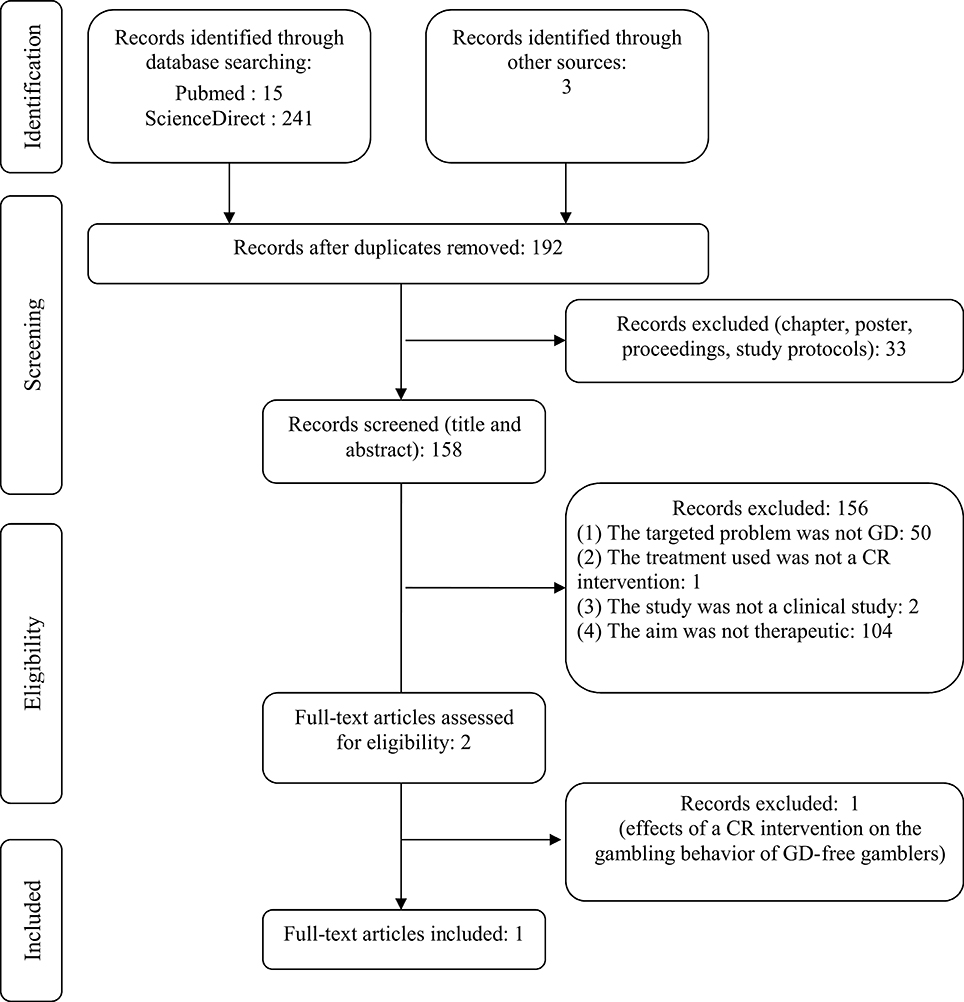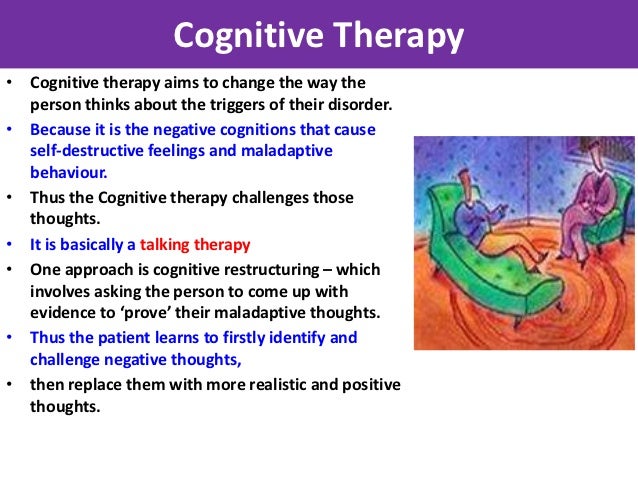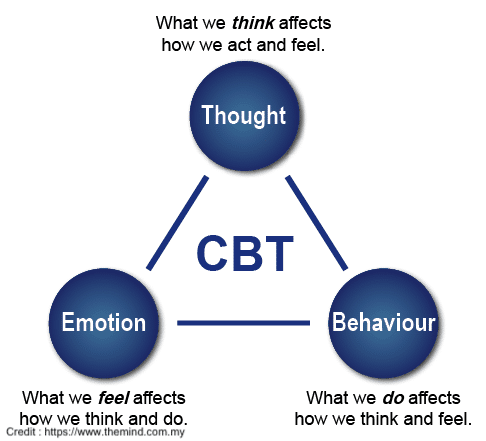Cognitive Behavioural Therapy Gambling
- The role of subjective mood states in the maintenence of gambling behaviour, Journal of Gambling Studies, 11, 123-135. Adolescent gambling.
- Cognitive behavioral therapy als uses visualizing scenarios where the addict might be triggered and working on effective coping skills and stress reduction strategies to resist the urge to engage in the behavior. Cognitive behavioral therapy with a gambling addict typically focuses on four components. The first is the correct cognitive.
- CBT for problem gambling: a unified approach. Cognitive-Behaviour Therapy for problem gambling: a critique of current treatments and proposed unified approach. Abstract: Background: There is evidence supporting the use of cognitive-behavioural therapy (CBT) in the treatment of problem gambling. Despite this, little is known about how CBT.
- Cognitive Theories Cognitive theories of human behavior and decision-making models became popular in the early 1970s and 1980s as a response to behaviorism. The cognitive theories relevant to gambling focus on cognitive distortions related to gambling.
- Cognitive Behavioral Therapy Gambling Addiction
- Cognitive Behavioural Therapy Gambling Disorders
- Cognitive Behavioural Therapy Courses
How CBT can help with problems with Gambling
Behavior therapy or cognitive behavioral therapy may be beneficial. Behavior therapy uses systematic exposure to the behavior you want to unlearn and teaches you skills to reduce your urge to gamble. Cognitive behavioral therapy focuses on identifying unhealthy, irrational and negative beliefs and replacing them with healthy, positive ones.



Gambling in itself, like a day at the races, playing the lottery is not problematic. Gambling, just like drinking alcohol only becomes problematic when the person is doing it at the expense of other commitments like work and family. People who are problem gamblers can’t control their impulses to gamble.
You may well have a problem with gambling if you
- have a preoccupation with gambling e.g. thinking of ways to get money to gamble or strategies to win.
- Are gambling with increasing amounts of money in order to achieve the desired excitement.
- Have made repeated unsuccessful efforts to control or stop gambling
- If you get restless or irritable when attempting to control or stop gambling.
- Are gambling to escape from problems.
- If you are continuing to gamble despite losses in an effort to recoup money lost.
- If you are lying to others to hide gambling behaviours or consequences of gambling (e.g. lost money).
- If you are committing illegal acts (e.g. theft) to finance gambling or gambling debt.
- If you are risking or losing significant opportunities (e.g. relationships and jobs) due to gambling.
- If you are borrowing money to finance gambling or gambling debts.
Cognitive Behavioral Therapy Gambling Addiction
As with all addictions, the severity of the problem varies from person to person, and there’s no set pattern for when addicts gamble (daily vs. weekly) or the medium they use. Some research suggests that men tend to prefer sports betting and competitive skill-based games, while women are more likely to play the slot machines or bingo.
As with all addictions, one of the first steps on the road to recovery is admitting there’s something wrong in the first place. The percentage of gambling addicts who seek out treatment is small (some estimates are as low as 3%), most addicts don’t get help until very late in the cycle.
Acknowledging a gambling problem takes considerable courage, strength and desire in order to rectify the financial and emotional damage that gambling has caused. Recovering from gambling addiction is not easy, but it may be easier with the support of a trained therapist who can offer counselling for gambling.
Cognitive Behavioural Therapy (CBT) is used to treat gambling by focusing on different ways of thinking and also addresses how your feelings and behaviours when you want to gamble. If appropriate, CBT will also look at your current life situation to explore the root of the problem.
Research has shown that CBT can:
- reduce the number of days a person gambles
- reduce the amount of money they lose
- Help a gambler to stay away from gambling once they have stopped.
How does CBT work?
If you are a problem gambler, you will think differently from other people about your betting. You will tend to believe that:
- you are more likely to win than you would expect by chance
- in a game with random numbers, like roulette, certain numbers are more likely to come up than others
- winning twice in a row means that you are on a ‘winning streak’ – so you bet larger and larger sums
- you are more likely to win at a game of chance if you are familiar with it
- certain rituals can bring you luck
- Having lost, you can somehow win back your losses by gambling more.
Cognitive Behavioural Therapy Gambling Disorders
CBT is given in approximately 10-12 one-hour sessions. The sessions focus on these ways of thinking, but also on how you feel and behave when you want to bet or when you are gambling. CBT helps you to work out more helpful ways of thinking and behaving. A diary helps you to keep track of your improvement.
Cognitive Behavioural Therapy Courses
Research suggests that Cognitive Behaviour Therapy is effective in decreasing the negative consequences of pathological gambling.